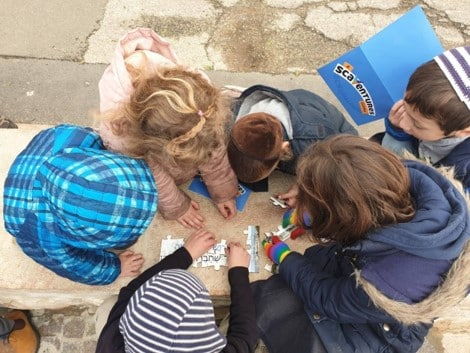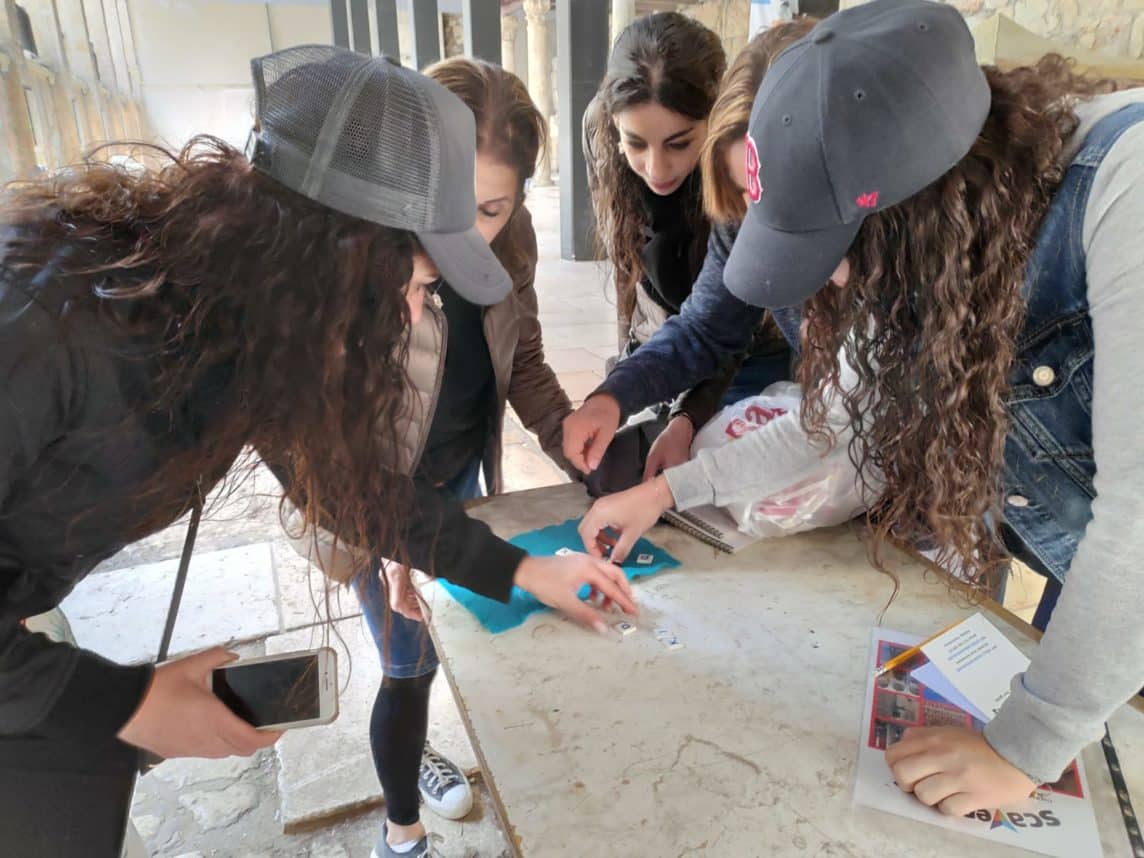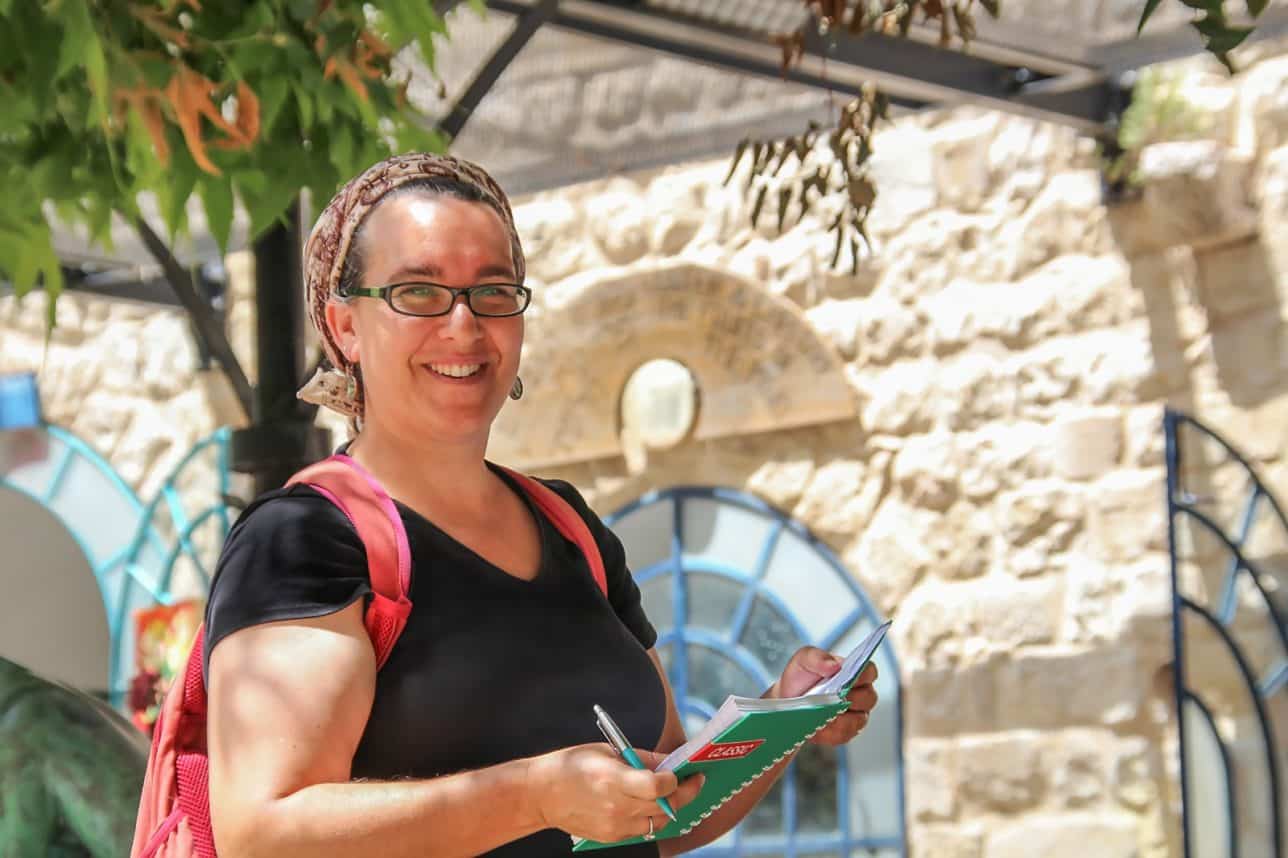
When Tali Kaplinski Tarlow began her scavenger-game business a decade ago, an employee quipped, “One day, you’ll create an empire.” At the time, she didn’t believe him. Not long before, the South African native had returned to Israel with three young children after being an emissary in the U.K. Back in Israel, she worked for a tour operator, who requested she build scavenger hunts for his clients in Jerusalem’s Nachlaot neighborhood.
When the tour operator folded, Kaplinski Tarlow approached aliyah facilitators Nefesh b’Nefesh, who asked her to make a similar game in Jerusalem’s Old City. Her goal was to make Israel come alive by engaging participants with the story of a particular site rather than listening to a tour guide. “We took away the obstacle between the site and the visitor so that it [was] an active experience and not a passive one,” Kaplinski Tarlow said.

Each team member assumed a different role, such as navigator, historian or detective, then the teams raced to unlock clues about their surroundings. Kaplinski Tarlow said that whenever she writes a new game, she’ll visit the site and try to understand its message. “I’ll ask what story does the place want to tell and how can I tell it through a game?”
The game was a hit and Kaplinski Tarlow received a flood of bookings. Four months later, she needed to hire eight guides to run the games. She expanded to include other locales, including Sefad and Tel Aviv, and changed her name from Jerusalem Scavengers to Israel ScaVentures. Business boomed. The number of people in her employ swelled to 30, and some 40,000 participants took part in her games.
And then the coronavirus hit.
“It decimated everything,” she said. “It was devastating.”
The upcoming tourist season was set to become her busiest yet. Kaplinski Tarlow said she lost hundreds of thousands of shekels in upcoming bookings and hasn’t taken a salary since February. “For two weeks, I sat peacefully in the helplessness, just waiting to see what would happen. And then I realized I do have a way forward, but I have to pivot everything.”

She did so by taking ScaVentures in two new directions. The first was “Quarantine Quests.” These enabled people from all over the world to take part in an online “scaventure.” The first one she created lasted six days and more than 300 people took part via Zoom. “The aim was to combat isolation and connect people with each other no matter where they were,” she said. Soon, she began receiving requests for online “scaventures” from JCCs, synagogues and individuals with family celebrations. She recalled one family – separated by an ocean but connected by their computer screens – completing a mission of dancing the hora choregraphed by Theodore Herzl.
The second pivot was creating an app version of her game, enabling people to play in the field or from their homes, without the use of a guide. The app is a more affordable option than the traditional games.
“It’s been very, very difficult and very, very stressful,” she said, “but also a period of incredible creativity and fulfillment as I managed to create something from nothing and see families connecting.”























 More news and opinions than at a Shabbat dinner, right in your inbox.
More news and opinions than at a Shabbat dinner, right in your inbox.